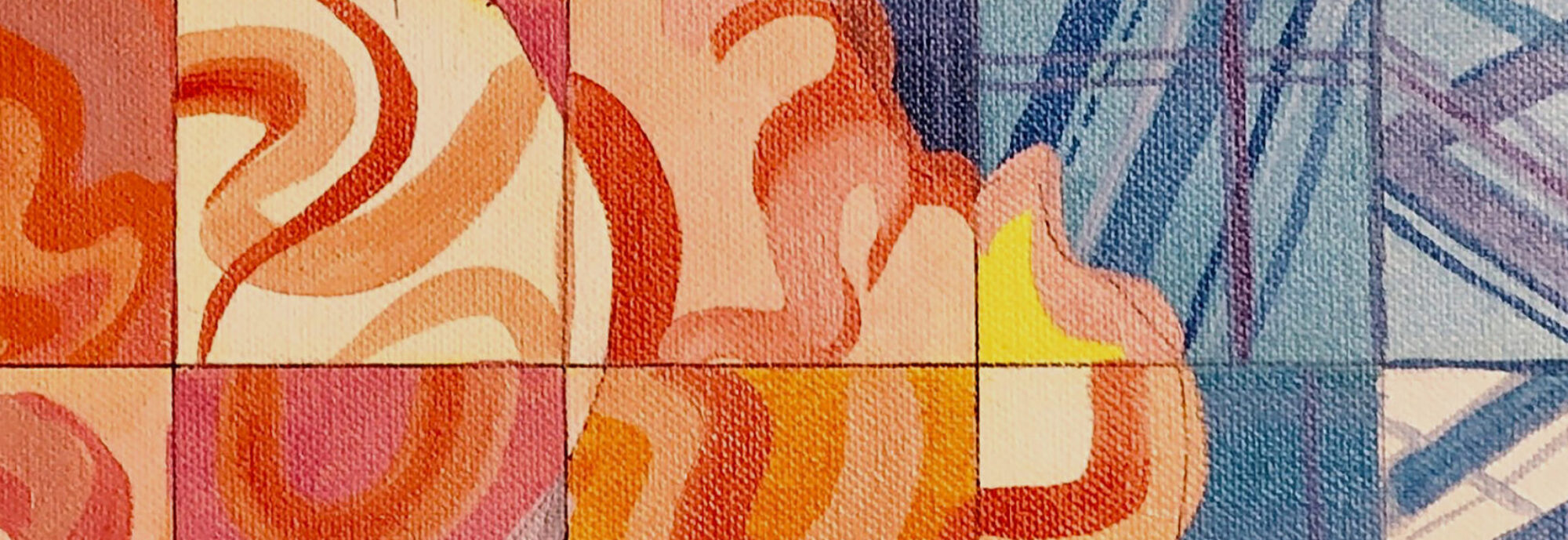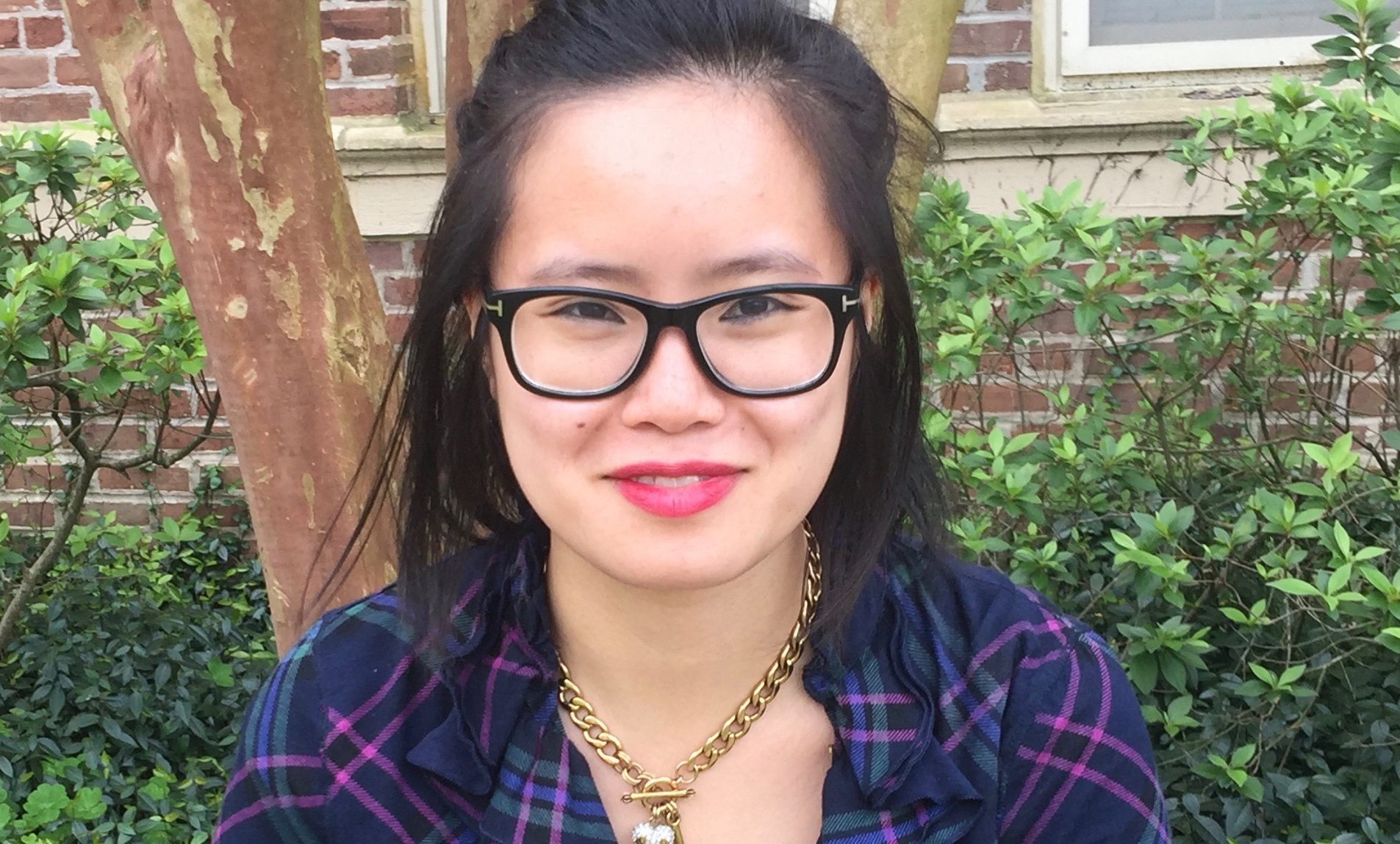By Melanie Quezada
Melanie Quezada: Within your chapbook, Chinatown Sonnets, you speak about the Chinatown of American media and the Chinatown of your childhood. What influences your poems? What are your hopes when you send your poetry into the world?
Dorothy Chan: Lots of magical things, like what’s walking down the runway this season, what I want to eat for dinner, what pictures I’m looking through that day (maybe photos from my trip to Tokyo from last May), etc. I think a lot about highbrow, lowbrow, and middlebrow tastes—how the three intersect and what place the three play in popular culture and in the world around us. I remember a couple of years ago in Tempe, Arizona, we were hosting Matthew Gavin Frank, and at dinner, Matthew said something about how arguably, there’s no “highbrow” or “lowbrow.” Just middlebrow. It was the most brilliant thing I had ever heard. I think we were talking about the film, Fatal Attraction.
Things like excess and anachronisms excite me as well. Right now, I’m quite obsessed with Liberace and how, “Too much of a good thing is wonderful,” though I also see this quote attributed to Mae West at times. Both are iconic. I think about Liberace’s whole “palatial kitsch” aesthetic, and if you’ve seen Behind the Candelabra, you’ll notice the focus on Liberace’s (well Michael Douglas as Liberace) face on his version of the “Sistine Chapel ceiling.” Kitsch is such a big part of popular culture, and it’s a big part of my poetry. A couple years ago I was obsessed with the “Fake Cities” that have popped up around China, for instance, how in Tianducheng, China, there’s a replica Eiffel Tower and French town. Today, I was reminded of this past obsession when my friend Colleen sent me an Instagram photo of Cian Oba-Smith’s work. Oba-Smith’s latest collection is titled “Shanzai,” and it analyzes this architecture around China. It was so fortuitous that she sent that to me today!
When I send my poetry out into the world, I hope I can make people laugh. I hope I can make them think.
MQ: When did you start writing? What do you know now that you wish you had known then?
DC: I don’t quite remember when I started writing; it was quite early on. And it wasn’t just poems, but also plays and stories and essays. I was interested in all things artistic when I was a kid. I was really into visual art as well, creating lots of drawings and paintings and posting them on the fridge in my childhood home in Allentown, Pennsylvania.
I was first published when I was fourteen? Maybe sixteen? It was a small journal. And then I started writing poetry seriously during undergrad at Cornell.
I can’t think of anything I wish I had known then. It’s clichéd to say this, but it’s all a process.
MQ: Being a poet myself, I never know when to stop editing my works or how to start. How do you edit your poetry? When do you know when enough is enough with the editing process?
DC: I stop revising whenever it feels natural to stop. I don’t believe in obsessing over my poem—when it’s done, it’s done, and I’m ready to send it out into the world. Then it’s time to write another one. But that doesn’t mean I don’t revise a lot. It’s quite the contrary; I simply don’t believe in obsessing over edits when it’s clear a poem is finished. It’s instinctual.
I think the best thing to do is to read the poem aloud and to really “feel” it. Think about how you’d read it aloud in public, and these thoughts can guide your edits.
MQ: Your work could be considered risqué and differs from past works published by old dead white men. How has your work been received by publishers/other literary journals?
DC: Thank you. A lot of wonderful journals and publishers have been wonderful to me. The landscape of poetry is changing, and we really need to continue to welcome intersectional voices.
MQ: What are you working on now?
DC: I’m currently working on my third poetry collection, which is about the food I ate growing up. My parents are both from Hong Kong, and growing up, I ate a lot of Cantonese dishes, such as ginger lobster, tomato tofu, turnip cake (I think it tastes best steamed, in a bowl), corn soup, and char siu. These dishes aren’t just food to me—they’re my heritage and family history.

